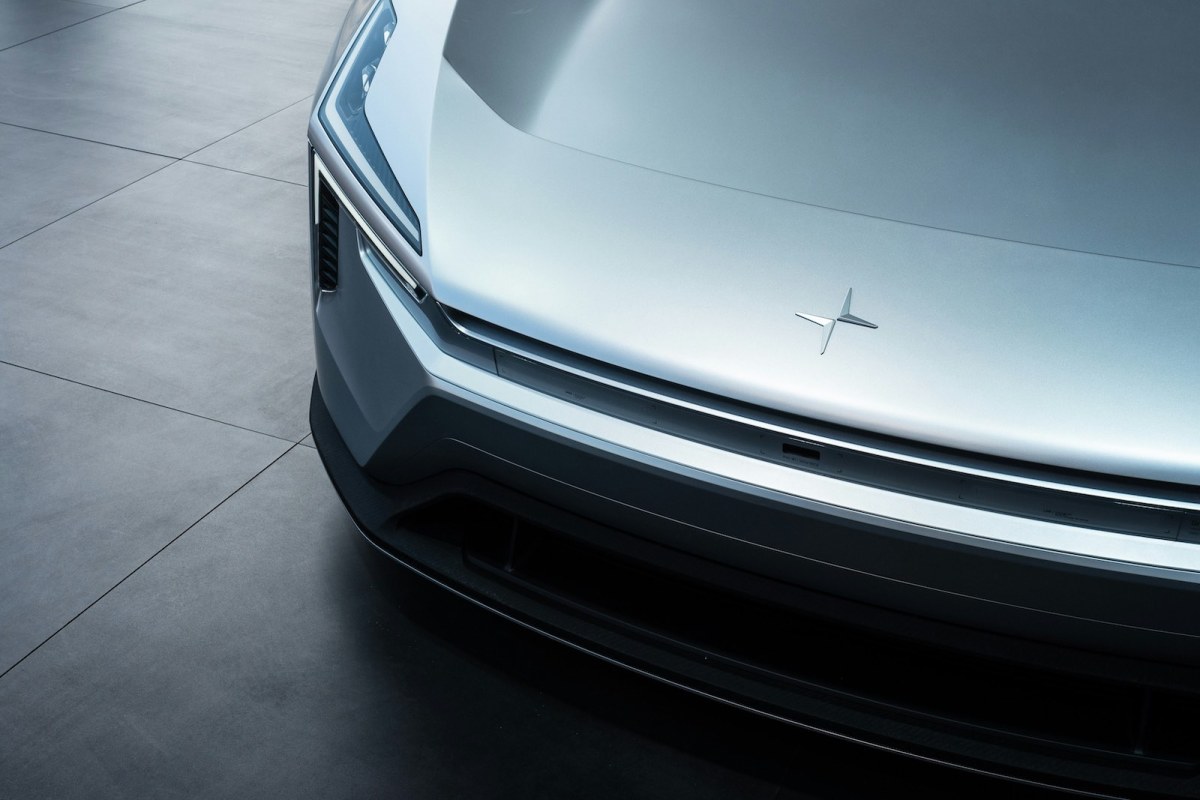And so, Volvo is cutting its Polestar EV startup loose. The decision to separate the electric performance brand comes as Volvo and its Chinese owner, Geely, look to raise funds for the development of new electric cars.
Polestar was launched as a standalone brand in 2017, with the Polestar 1 – a hybrid performance car – as its flagship model. Since then, the company has released the Polestar 2, an all-electric sedan that has garnered significant attention in the electric vehicle market.
The decision to separate Polestar from Volvo comes as part of a broader reorganization within the Geely family of automotive companies. Geely has been expanding its electric vehicle offerings and is looking to streamline its operations to better focus on its electric car business.
By cutting Polestar loose, Volvo and Geely hope to attract outside investors who can help fund the development of new electric vehicles and advanced technologies. This move is seen as a way to secure the future of both Volvo and Polestar in the rapidly evolving electric vehicle market.
Polestar has made a name for itself as a performance-oriented electric car brand, with a focus on cutting-edge design, innovative technology, and sustainable materials. The Polestar 2, in particular, has received excellent reviews for its driving dynamics, advanced infotainment system, and high-quality interior.
By separating from Volvo, Polestar will have the freedom to further expand its lineup of electric vehicles and to push the boundaries of electric car design and technology. This move will allow Polestar to better compete with other luxury electric car brands such as Tesla, as well as traditional automakers like BMW and Mercedes-Benz.
The decision to cut Polestar loose is also part of Volvo’s broader strategy to electrify its entire lineup of vehicles. The Swedish automaker has committed to becoming a fully electric car brand by 2030, with an ambitious plan to phase out internal combustion engine vehicles entirely. By separating Polestar from Volvo, the company can better focus on its electrification efforts and ensure that both brands have the resources they need to succeed in the electric car market.
However, the decision to separate has raised questions about the future of Polestar and its relationship with Volvo. While the two companies will no longer be under the same corporate umbrella, they will continue to collaborate on technology and share resources. This means that Polestar will still benefit from Volvo’s engineering expertise and access to advanced technology, while Volvo will benefit from Polestar’s cutting-edge electric car technology and design.
Overall, the decision to cut Polestar loose represents a new chapter for the electric car industry. With Volvo and Geely looking to attract outside investors to help fund their electric vehicle development, the separation of Polestar is a strategic move to ensure the success of both brands in the rapidly growing electric car market. As the industry continues to evolve, it will be interesting to see how Polestar and Volvo utilize their newfound independence to push the boundaries of electric car design and technology.
